Representatives from the trucking industry are criticizing the Biden administration’s new greenhouse gas emissions standards for heavy-duty vehicles. The EPA regulations, which are designed to progressively mandate higher percentages of zero-emissions trucks through 2032. However, the Owner-Operator Independent Drivers Association contends that the standards do not consider operational difficulties that truckers face.
Radical Environmentalists
Independent Drivers Association (OOIDA) board member Lewie Pugh said,
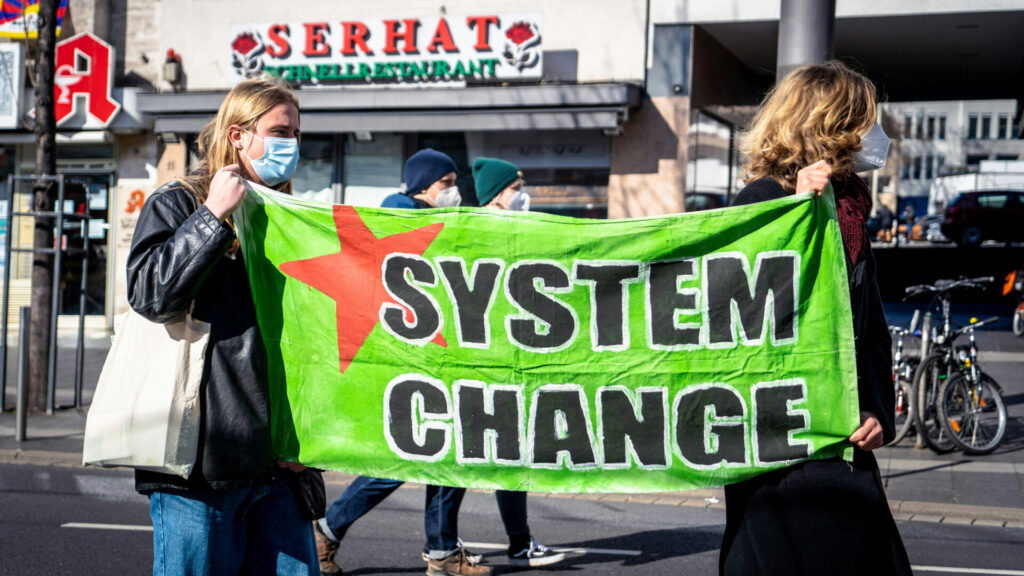
“This office in the White House is completely not listening to the trucker or the end user or the buyer. They just want to do what the extreme environmentalists want.”
Funding
Critics raise concerns about where the funding will come from given the highway trust fund is already underfunded.
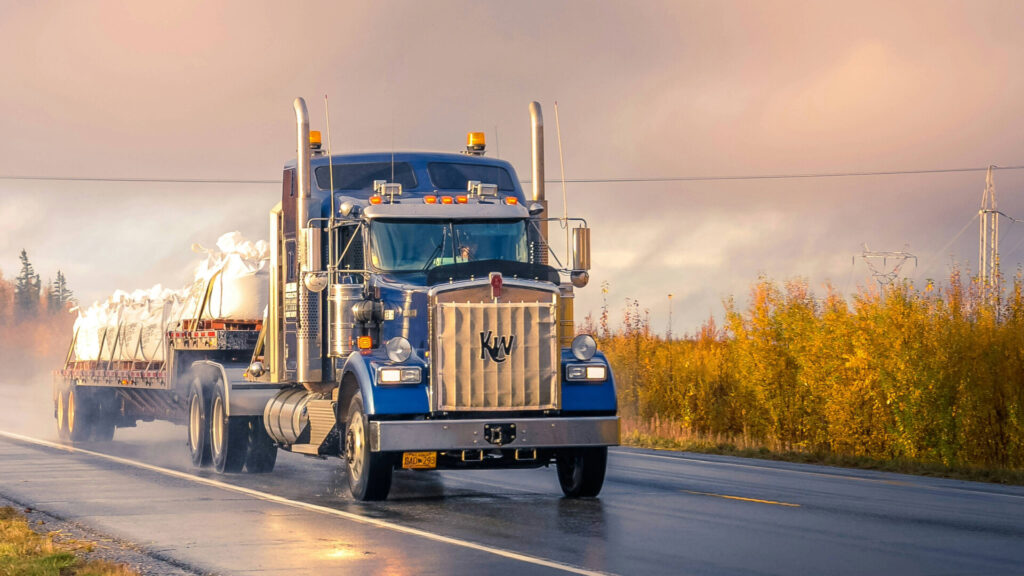
“And what it’s going to do is put lots and lots of truckers out of business.”
Inadequate Charging Infrastructure
The group highlighted that lack of adequate charging infrastructure in several areas, and the increased costs,

which could ultimately lead to many small businesses having to close their doors permanently.
Added Electricity
Pugh said, “Where are we going to charge them? That’s my first question,”
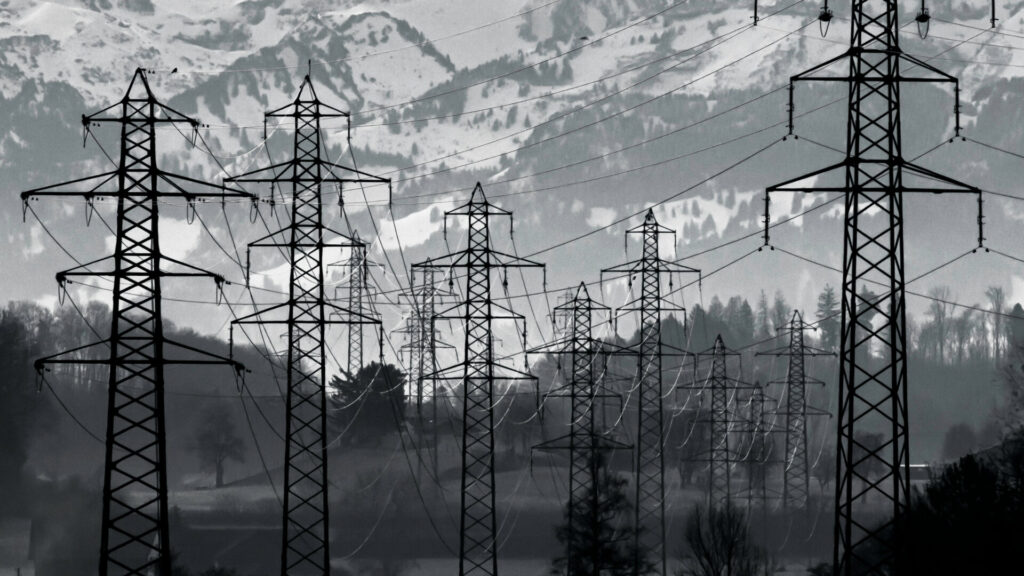
“There was a company in Juliet, Illinois, that was going to put a terminal in for 30 trucks. The city said, ‘you can’t do it. You’re going to use more electricity than the entire city of Juliet, Illinois.’”
Aggressive Plan
The EPA under the Biden administration has pursued an ambitious agenda tackle climate change, implementing regulations that are means to penalize carbon emissions from various sectors,
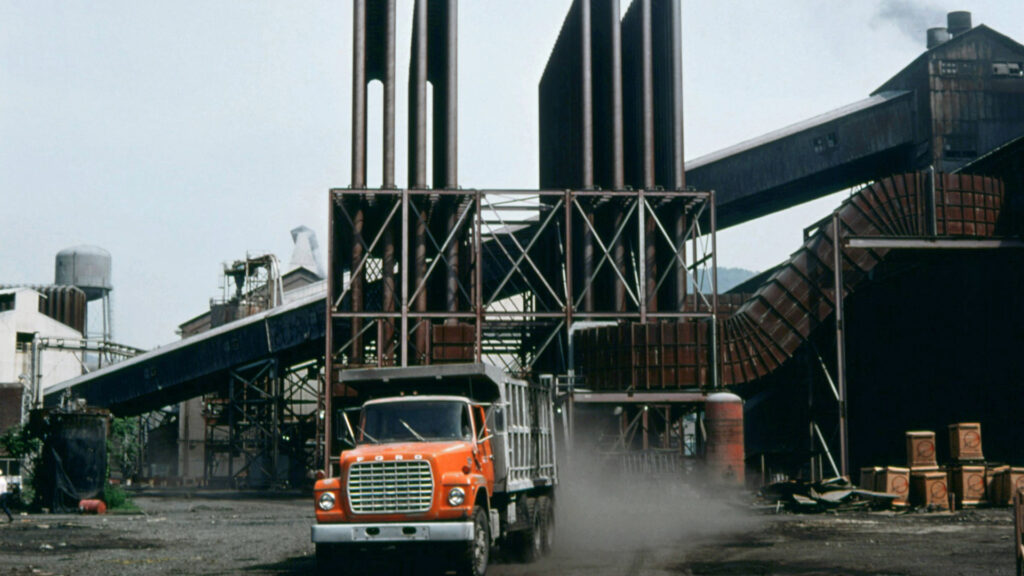
This includes power plants, oil wells, passenger cars, and heavy-duty vehicles.
Environmental Protection Agency
The Environmental Protection Agency’s (EPA) recent regulation standards for carbon emissions from heavy-duty trucks have ignited serious debate within the trucking industry and among policymakers.
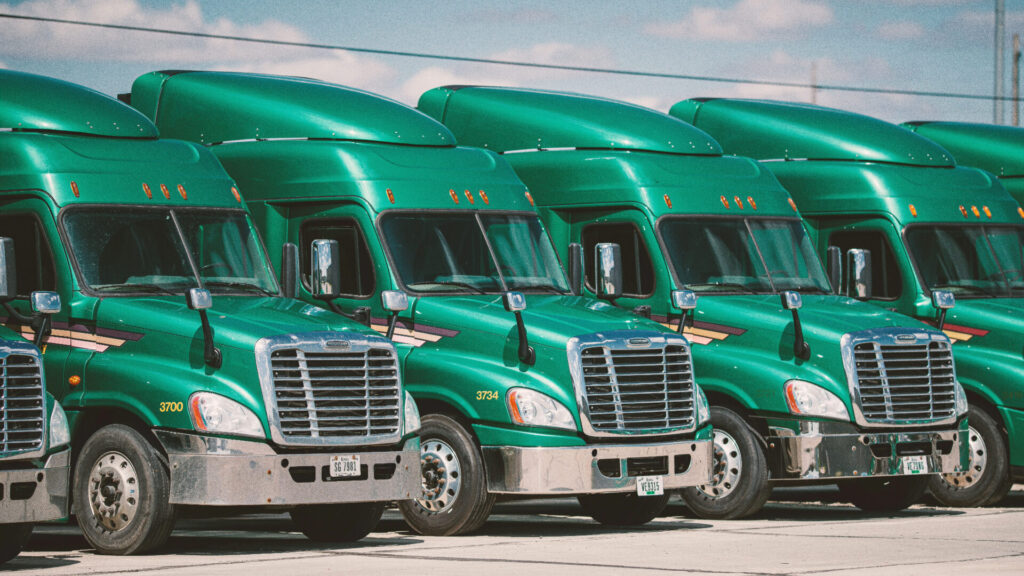
The broad ramifications of these regulations, combined with the industry’s concerns about technological readiness and financial impact, have sparked a complex and multifaceted controversy that demands careful examination.
New Regulations
The establishment of these new regulations for carbon emissions from heavy-duty trucks marks a notable step in the administration’s efforts to combat climate change,

And their attempts to reduce transportation-related pollution.
Environmental Harm
Although the EPA claims the regulations will prevent billions in environmental damages,

The trucking industry contends the agency did not consider the perspectives of operators adequately. They claim they have set unrealistic standards.
Safety Concerns
Critics also caution about safety hazards should battery-powered trucks be broken down in remote areas during severe weather.

Highlighting a significant concern that should be evaluated.
Funds For Highway Trust
“Our highway trust fund that would pay for stuff like this is already on the brink of going bankrupt. Where is the money going to come from?” Pugh said.

“We can’t take care of our infrastructure that we have now, and we’re going to put all this stuff in and then hope it works?”
The Transportation Industry
The trucking industry and freight companies have voiced concerns that the new rules could force them to shift away from diesel engines,

Long before electric drivetrains become widely available for long-haul tractor-trailers.
Livelihood
Pugh said,“[We’re] all saying, there’s no way this is going to work. We can’t do it. They’re concerned about their lives and their livelihood,”
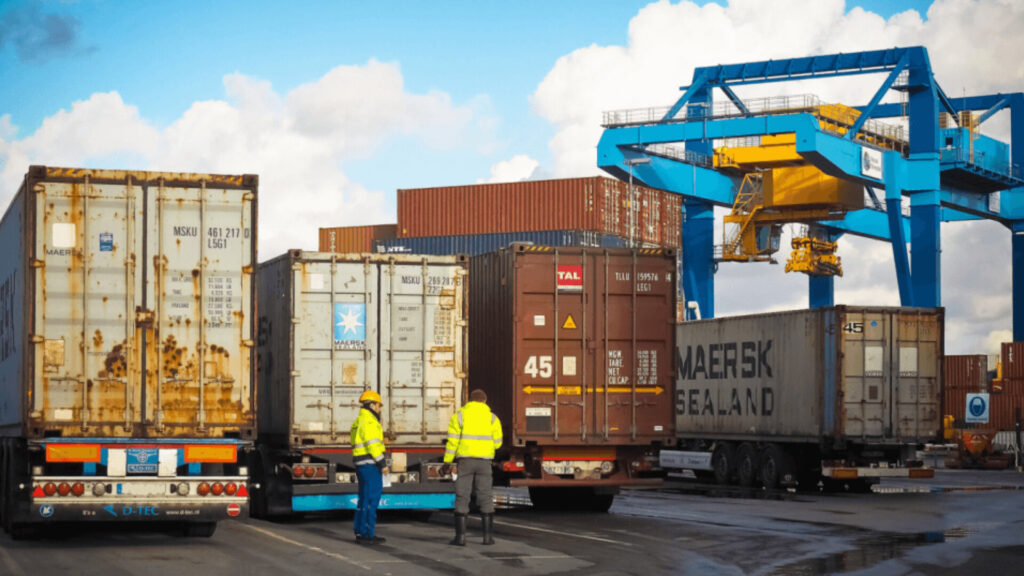
“What happens in the wintertime? You get stuck in a snow blizzard along the highway for two or three days and your battery goes, these people could freeze to death and die,” he concluded.
Infrastructure
Difficulties related to infrastructure, such as the availability of charging stations and the capacity of electric models to fulfill the demand long-haul operations,
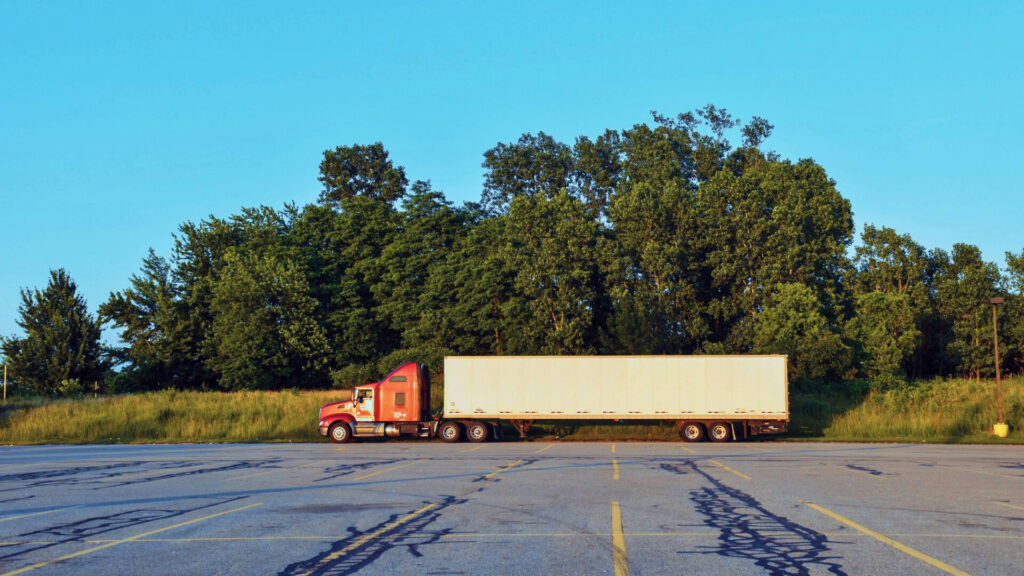
have been cited as being significant obstacles.
Representatives From The Industry
Representatives from the Industry have stressed the need for competitive total cost of ownership for ZEVs,
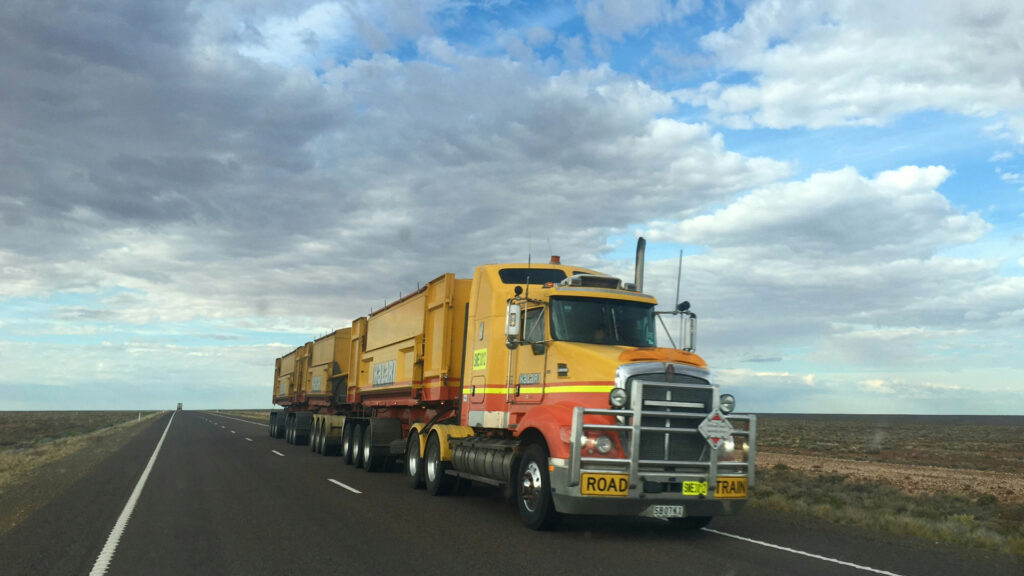
And highlights the seriousness of adequate infrastructure to support and operate these vehicles properly.
Significant Costs
The considerable expenses that are tied to transitioning to zero-emission vehicles (ZEVs) have raised serious concerns within the industry,
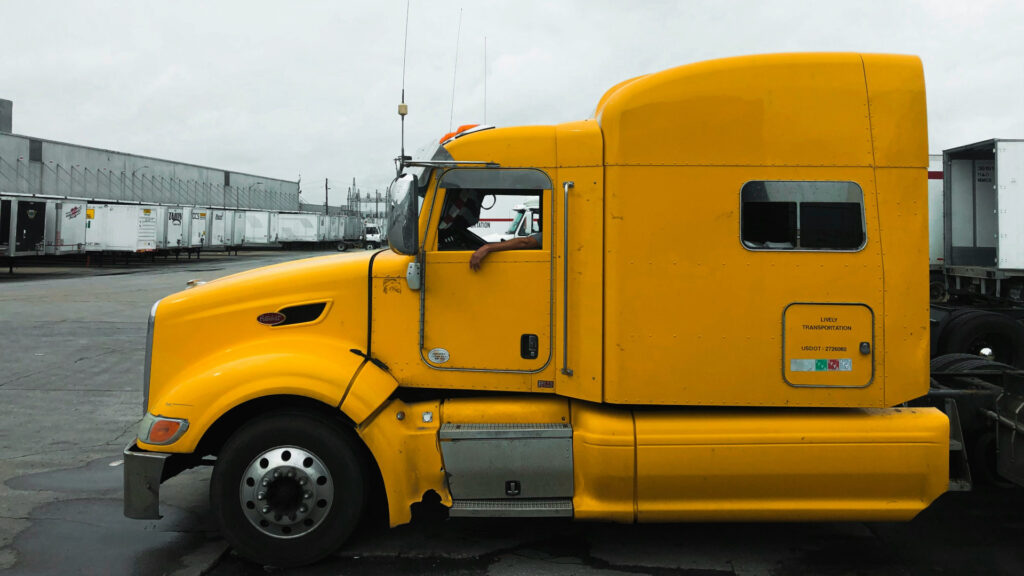
With projections that the conversion to zero-emission trucks could cost upwards of $600 billion, with the added expense of notable costs that would be required for generating and grid improvements.
Postponing The Mandate
In response to industry apprehensions, the EPA revised the final mandate,
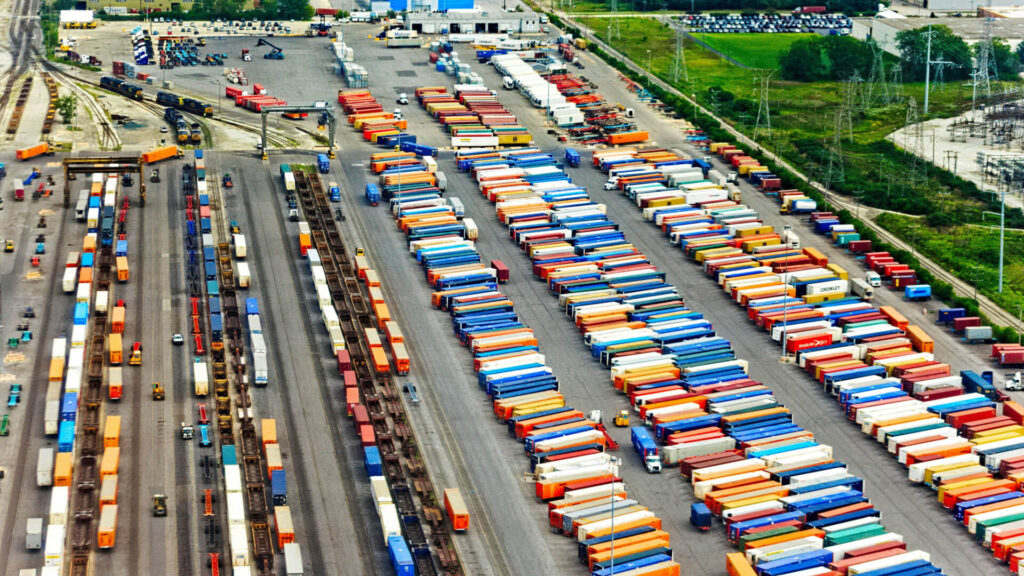
Postponing the mandate for the largest trucks by a few years to tackle the technological and market readiness challenges.
Public Health Groups
Public health groups and environmental activists have voiced disappointment over what they perceive as a less stringent regulation,
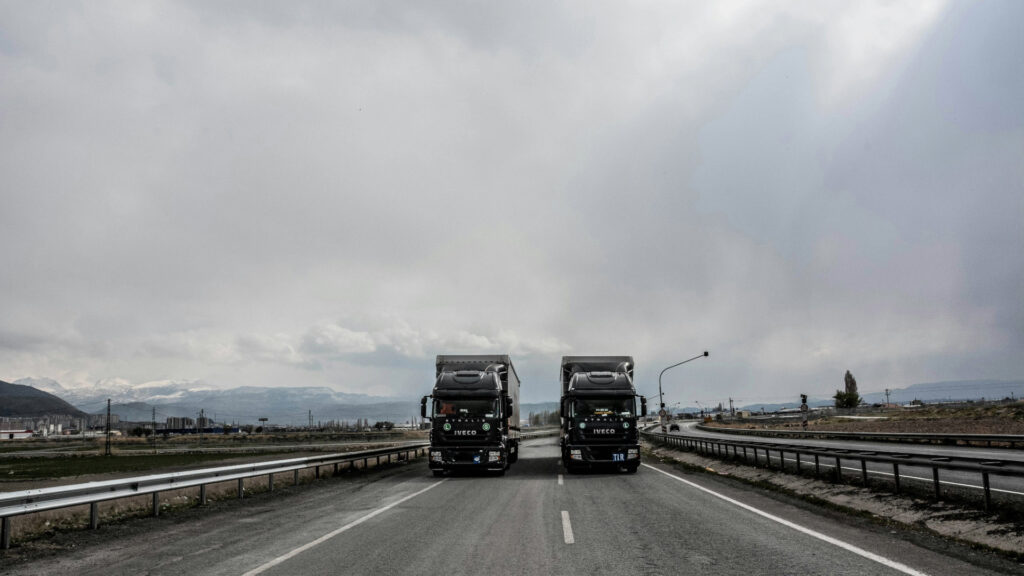
Stressing the urgency to act in addressing air pollution and health hazards.





GIPHY App Key not set. Please check settings